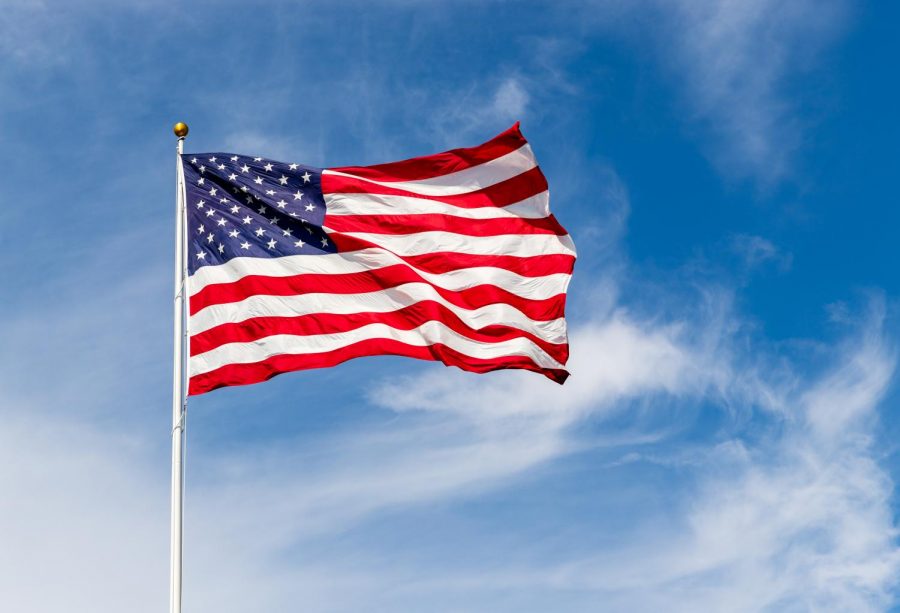Panelists reflect on Sept. 11, 2001
Four panelists recount their Sept. 11, 2001, experience.
September 11, 2021
DeKALB — Saturday marks 20 years since the tragedies that occurred on Sept. 11, 2001. NIU faculty held a panel Friday, recalling the impact it had on campus and everyday life.
Kathleen McFadden, College of Business professor, recalls showing up to campus for work at 9 a.m. the morning of 9/11 and noticing others huddled around the TVs in the office.
“The first thing I remember them asking me is where Tracy was,” McFadden said. “Tracy is my husband. He was an American Airlines pilot at the time. I was in shock as I watched the TV and saw that it was an American Airlines plane crash and that’s the company he worked for.”
Her husband had been on a three-day trip for work and had already returned home, but McFadden said she was in such complete shock that she couldn’t think straight.
McFadden finds it interesting that after 9/11, there was a sense of helping one another and unity. “The country came together, and we all did what we were told.”
Darren Mitchell, acting NIU Police Chief, had just gotten off his night shift that day and went about his morning like normal before he saw the news. Even then, most of the reports were speculations that it was a helicopter or small plane at first, he said.
“I remember turning on the TV, and I see the building and smoke and think to myself immediately, that doesn’t seem like a small plane,” Mitchell said. “All of these emotions were now happening.”
Officers were told at the time to have a presence throughout the campus and residence halls to make sure students felt safe during such fearful times, Mitchell said. “There was a very tense, low-level energy on campus.”
Laurie Elish-Piper, dean of College of Education was also working that day on campus. An employee had mentioned to her in the newsroom that a small plane had hit the World Trade Center, Elish-Piper said. “Watching that unfold all day and then trying to figure out what we can do… we were just worn down.”
Ches Thurber, assistant professor for political science, wasn’t on campus the day of the tragedy. He was a college student at the time and was going through his morning like normal before the news struck, Thurber said. “I was walking into the dining hall that morning and couldn’t realize why no one was in line getting food; everyone was huddled by the televisions.”
“I remember seeing a friend running around frantically outside,” Thurber said. “His mother worked at the building adjacent to the Trade Center. Fortunately, word came along that he was able to find out his mother was okay.”
Thurber recalls his professor making a prediction that life would never be the same. “I gotta say my professor’s prediction was wrong, fortunately,” he said. “Within weeks, planes were flying again. A lot of us were continuing back to class and work a few days later. Just a little month later, they played the world series in New York.”
One particular memory that Elish-Piper said would stick with her for the rest of her life is remembering looking at the sky that night. “There was not an airplane in the sky… it was such a weird feeling, but it was great to take a breath.”
“It felt like everything; the world changed,” she said. “It was just strange to feel that level of paranoia about what was going to happen next, and just not knowing was a real challenge.”







